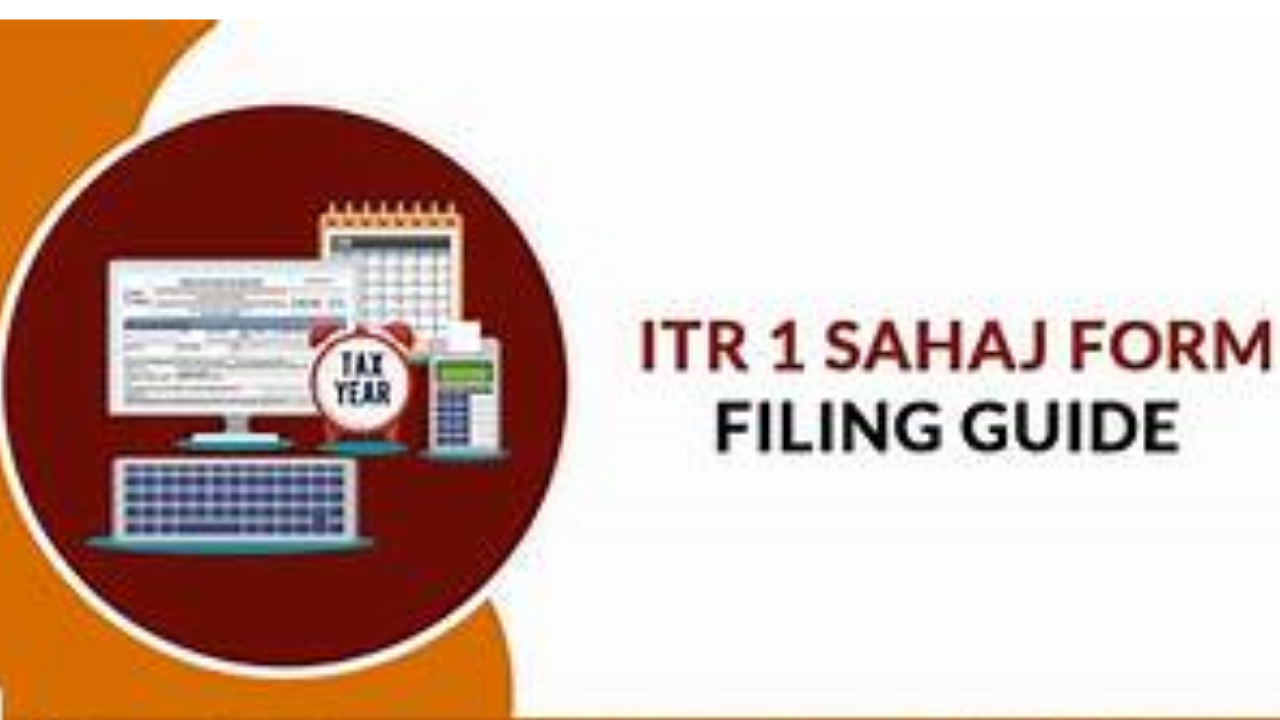The “Sahaj” form, or ITR-1, is designed for Indian residents with a straightforward income. However, there are many situations where you’re not allowed to use it. If any of the following 21 reasons apply to you, you’ll need to file a different ITR form.
Thank you for reading this post, don't forget to subscribe!21 Reasons You Can’t File ITR-1 (Sahaj)
- You are a Resident Not Ordinarily Resident (RNOR) or a Non-Resident Indian (NRI).
- Your total income is more than ₹50 lakh.
- Your agricultural income is more than ₹5,000.
- You have a taxable short-term capital gain.
- You have long-term capital gains (other than those from certain equity assets).
- Your long-term capital gains from the sale of shares/equity mutual funds (under section 112A) are more than ₹1.25 lakh.
- You have held any unlisted equity shares during the financial year.
- You have income from a business or profession.
- You are a Director in a company.
- You have income from winnings from lotteries, racehorses, or other gambling activities.
- You have a tax deduction under section 194N of the Income-tax Act (TDS on cash withdrawals).
- You have deferred income tax on ESOPs received from your employer (for an eligible start-up).
- You own and have income from more than one house property.
- You have income taxable at special rates under section 115BBDA or 115BBE.
- Your income must be apportioned according to section 5A.
- You have assets (including a financial interest in any entity) located outside India.
- You have signing authority on any bank account outside India.
- You have income from any source outside India.
- You have claimed a deduction under section 57, other than for a family pension.
- You have claimed relief under section 90, 90A, or a deduction of tax under section 91.
- You are assessable for a part of the income on which tax has been deducted at the source in the hands of a person other than yourself.
Who should file ITR-1?
This form is for resident individuals whose total income does not exceed ₹50 lakh and whose income comes only from one or more of these sources:
- Salary or pension
- One house property (with no brought forward or carried forward losses)
- Other sources (like interest from savings accounts or deposits, but not from lotteries or racehorses)
- Agricultural income up to ₹5,000
- Long-term capital gains up to ₹1.25 lakh from certain equity assets (under section 112A) with no brought forward or carried forward losses.
The due date for filing ITR for the financial year 2024-25 (AY 2025-26) for non-audit cases is September 15, 2025.

















